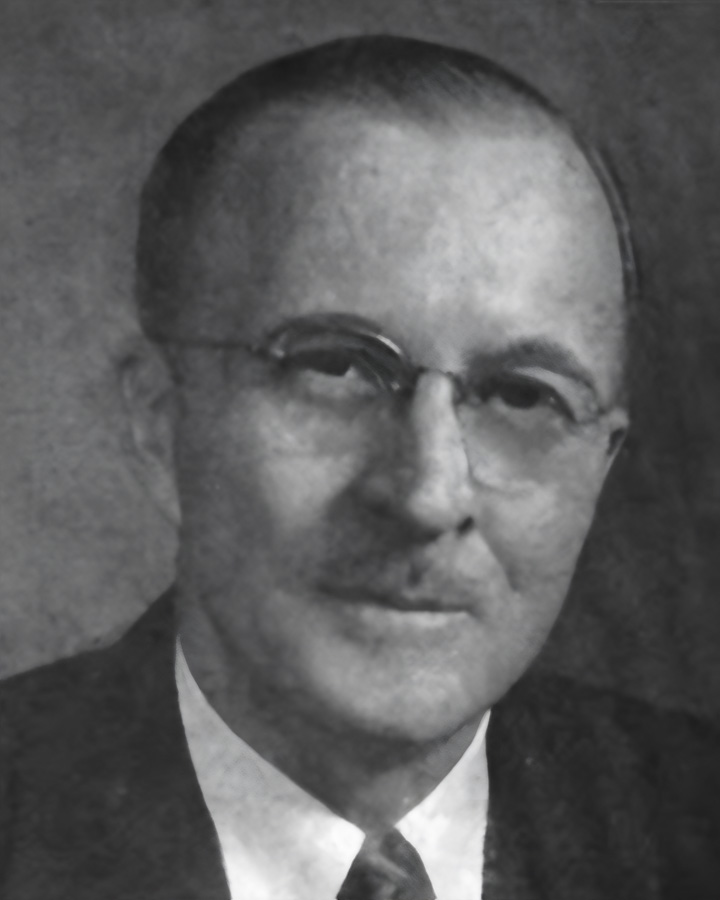William was born in Holmesville in Holmes County and obtained a bachelor’s degree from the College of Wooster and a law degree from The Ohio State University. He eventually settled in Piqua where he started a 40 year career in public service.
William was first elected to public office in 1932. Serving as a State Representative, he earned the respect of his colleagues and was elected Speaker of the House, a position he held for three terms. Despite his promising career as a state lawmaker, William showed his patriotism when, at age 40, he resigned his position as Speaker and enlisted in the Army to serve his country during World War II.
Those accomplishments alone could be considered a remarkable career. However, it was his work in constitutional law and the civil rights movement where William made his most valuable contributions to our state and nation. Having had a strong commitment to equal rights throughout his career, William became active in the civil rights movement when he returned from the war.
In 1947, he was elected to Congress where he rose to become ranking member of the House Judiciary Committee. Throughout his tenure, William reaffirmed his commitment to equal rights while playing a key role in the passage of President Eisenhower’s 1957 and 1960 civil rights bills. He was even more instrumental in crafting and passing several key pieces of legislation in the 1960s, including landmark legislation such as the 1964 Civil Rights Act, the 1965 Voting Rights Act, and the 1968 Fair Housing Act.
William received countless awards and recognition for his work including the Congressional Distinguished Service Award, the Distinguished Alumnus Award from The Ohio State University, Ohi Governor’s Award for the Advancement of the Prestige of Ohio and the Piqua Civic Hall of Fame to name a few.


